Politics
Lessons from Ljubljana in uncertain times
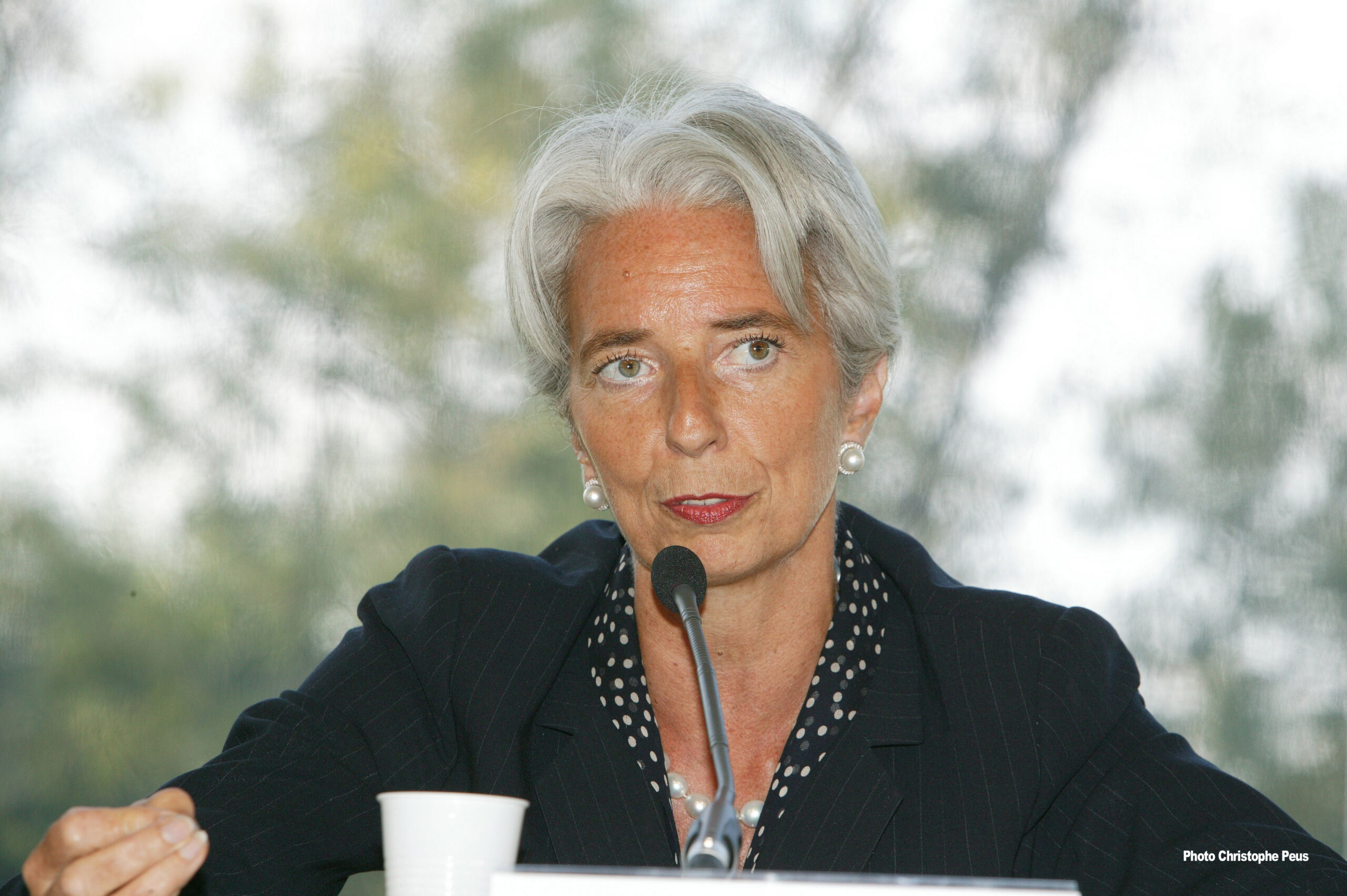
Speech by Christine Lagarde, President of the ECB, at the official dinner of Banka Slovenije in Ljubljana, Slovenia
Ljubljana, 16 October 2024
It is a pleasure to be here this evening.
Not far from here, tucked away in the National and University Library, lie copies of the Abecedarium and the Catechism. These two texts, written by the religious reformer Primož Trubar in 1550, were the first ever books to be printed in Slovenian.[[1]
At a time when German was the language of the ruling classes, Trubar’s pioneering act was fundamental in helping to establish the national identity of Slovenians.[[2]
Today, his portrait graces the €1 coin in Slovenia, framed by the famous words found in the Catechism, “Stati inu Obstati” – “to stand and withstand”.[[3]
It is telling that both books – one a primer for the Slovenian language, the other guidelines for religious observance – were designed to teach, for there is much that Europe can learn from Slovenia in the uncertain world we now face.
The global order we knew is fading. Open trade is being replaced with fragmented trade, multilateral rules with state-sponsored competition and stable geopolitics with conflict.
Europe had invested considerably in the old order, so this transition is challenging for us. As the most open of the major economies, we are more exposed than others.
So, in this new landscape, we too must learn “to stand and withstand”. And we can do so by drawing on two valuable lessons from Ljubljana.
Opportunity in times of uncertainty
The first lesson is that uncertainty can create opportunity.
While many in Europe are anxious about the future, Slovenians are no strangers to uncertainty.
Within a single generation, Slovenia made a success of the extraordinarily difficult transition from a planned economy to a market economy. Policymakers defied the odds by implementing tough structural reforms to first join the EU and, later, the euro area.
Today, Slovenia is a success story. It is a developed, stable and high-income economy, with the highest GDP per capita at purchasing power parity of central and eastern European countries (CEECs).
The nation’s success owes much to the creativity and vigour of its people and their innate ability to seize economic turning points and transform them into opportunities.
For example, when Slovenia joined the EU, it was exposed to greater levels of competition from other Member States in the economic bloc.
But Slovenia quickly capitalised on its skilled workforce to develop a new business model based on deep integration in the Single Market. Today, every single car produced in Europe has at least one component that is made in Slovenia.[[4]
For Europe, the changes in the global economy today represent a similar turning point. But if we approach it with the right spirit, I believe it can be an opportunity for renewal.
A less favourable global economy can push us to complete our domestic market. Fiercer foreign competition can encourage us to develop new technologies. More volatile geopolitics can drive us to become more energy secure and self-sufficient in our supply chains.
For Slovenia, the transformation of the automotive supply chain will be a particular challenge. But the economy is already adapting. For example, in July this year Slovenia secured a major investment in domestic electric vehicle production.[[5]
For many Slovenians, striding into an unpredictable future may seem like second nature.
One of your most famous paintings, “The Sower”, hangs on display here at the National Gallery. Depicting an agricultural labourer at the crack of dawn hard at work sowing seeds in a field, the painting represents Slovenians’ resolute determination in the face of uncertainty.
The rest of us in Europe will need to draw on this example in the uncertain times ahead. If we do so, we can also turn uncertainty into opportunity.
The importance of sharing the benefits of change
The second lesson from Slovenia is that the benefits of change can – and should – be more widely shared.
The path of renewal for Europe is inescapably linked with new technology, especially digitalisation. But new technologies can sometimes lead to uneven labour market outcomes.
Slovenia has undergone remarkable technological change over the past 20 years. Today, the country’s level of digital development is 7% above the CEEC average and it can compete with some of the most digitally developed EU countries in certain areas.[[6]
Yet Slovenia’s Gini coefficient – a measure of income inequality – is the second lowest in the OECD.[[7] The country also benefits from high levels of gender equality. Female labour force participation is higher than the EU average and nearly equal to that of men.[[8]
Many in Europe are worried about the challenges ahead, such as the effects of artificial intelligence on social inclusion. But we should let Slovenia’s example inspire us.
With the right approach, we can move forward and become more technologically advanced while ensuring everyone can benefit from the gains.
And when everyone benefits, Europe benefits too. Over three-quarters of citizens in Slovenia feel attached to Europe, and almost two-thirds identify as both Slovenian and European – levels that are well above their respective EU averages.[[9]
Conclusion
Let me conclude.
In today’s uncertain world, Europe must learn “to stand and withstand”. And it can do so by looking to Slovenia as an example of how to overcome challenges that come its way.
First, we must work hard to sow the seeds of success. And then, as the folk singer Vlado Kreslin sings, “vse se da” – “everything is possible”.
Thank you.
Source link
Politics
MSCA awards €608.6 million for doctoral programmes
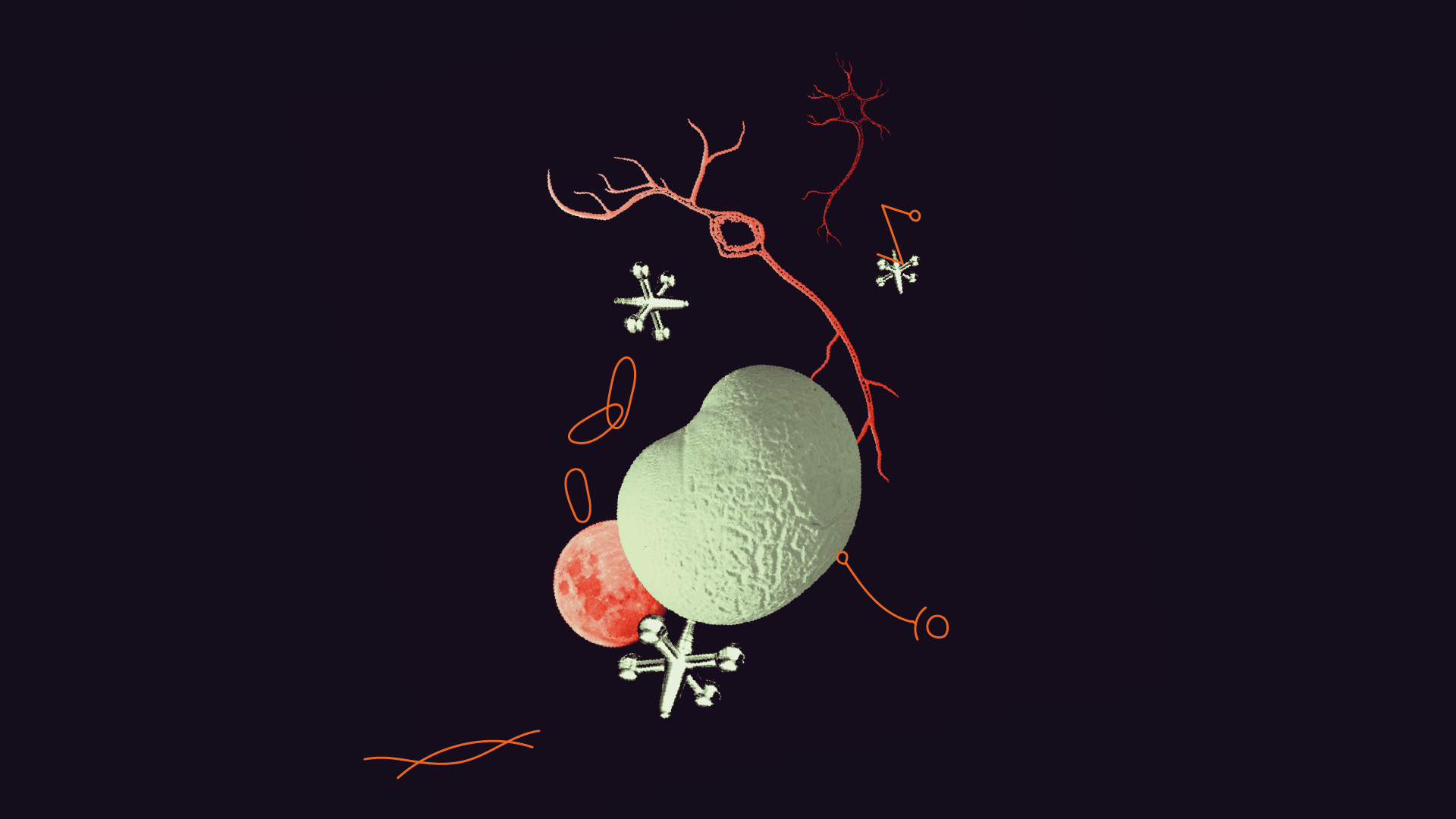


DISCLAIMER: Information and opinions reproduced in the articles are the ones of those stating them and it is their own responsibility. Publication in The European Times does not automatically means endorsement of the view, but the right to express it.
DISCLAIMER TRANSLATIONS: All articles in this site are published in English. The translated versions are done through an automated process known as neural translations. If in doubt, always refer to the original article. Thank you for understanding.
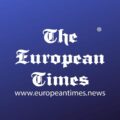
– Advertisement –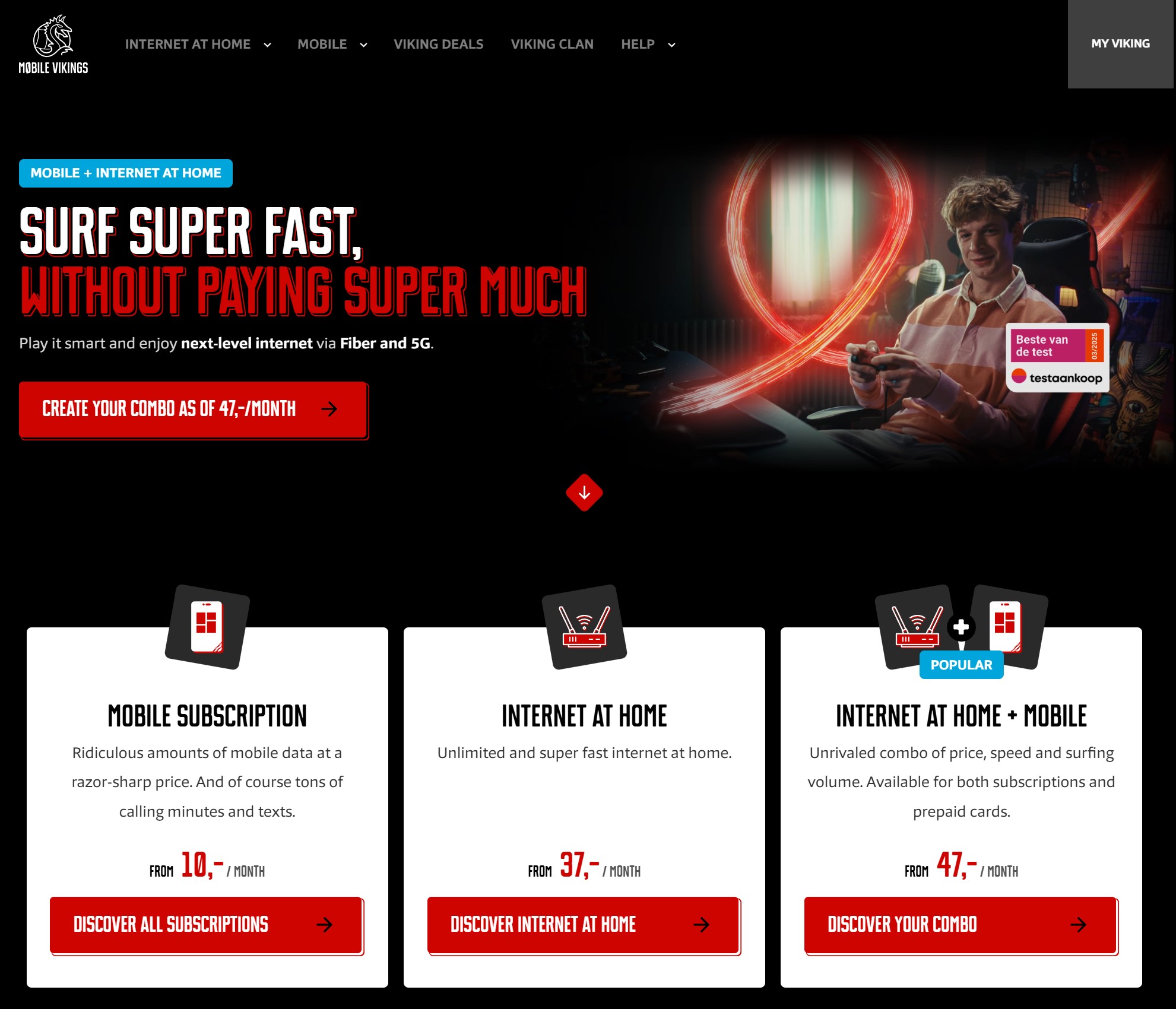
– Advertisement –
The European Commission has announced the results of the 2024 Marie Skłodowska-Curie Actions (MSCA) Doctoral Networks call.
The Commission will fund a total of 149 excellent doctoral programmes with €608.6 million to train over 1800 doctoral candidates in and outside academia.
€536.9 million will be awarded to 133 standard Doctoral programmes, to train PhD candidates and develop their skills.
Funding includes also €26 million for 8 Industrial Doctoral programmes to train PhD candidates and develop their skills outside academia, including in industry and business. Doctoral candidates will also benefit from joint industry-academia supervision.
An additional €33 million will be allocated to 8 Joint Doctoral programmes, which promote joint selection, training and supervision leading to joint or multiple doctoral degrees.
The European Research Executive Agency (REA) received 1,417 applications for this call. This means a success rate of 10.6 %.
Close collaboration beyond academia
These doctoral programmes are implemented by international partnerships, involving 9335 organisations in 130 countries in the EU, Horizon Europe associated countries and beyond. 4725 of these are private for-profit entities.
Selected projects are coordinated by organisations in 18 countries.
Source link
More from the author
– EXCLUSIVE CONTENT –
Politics
36 000 free EU travel passes for 18-year-olds
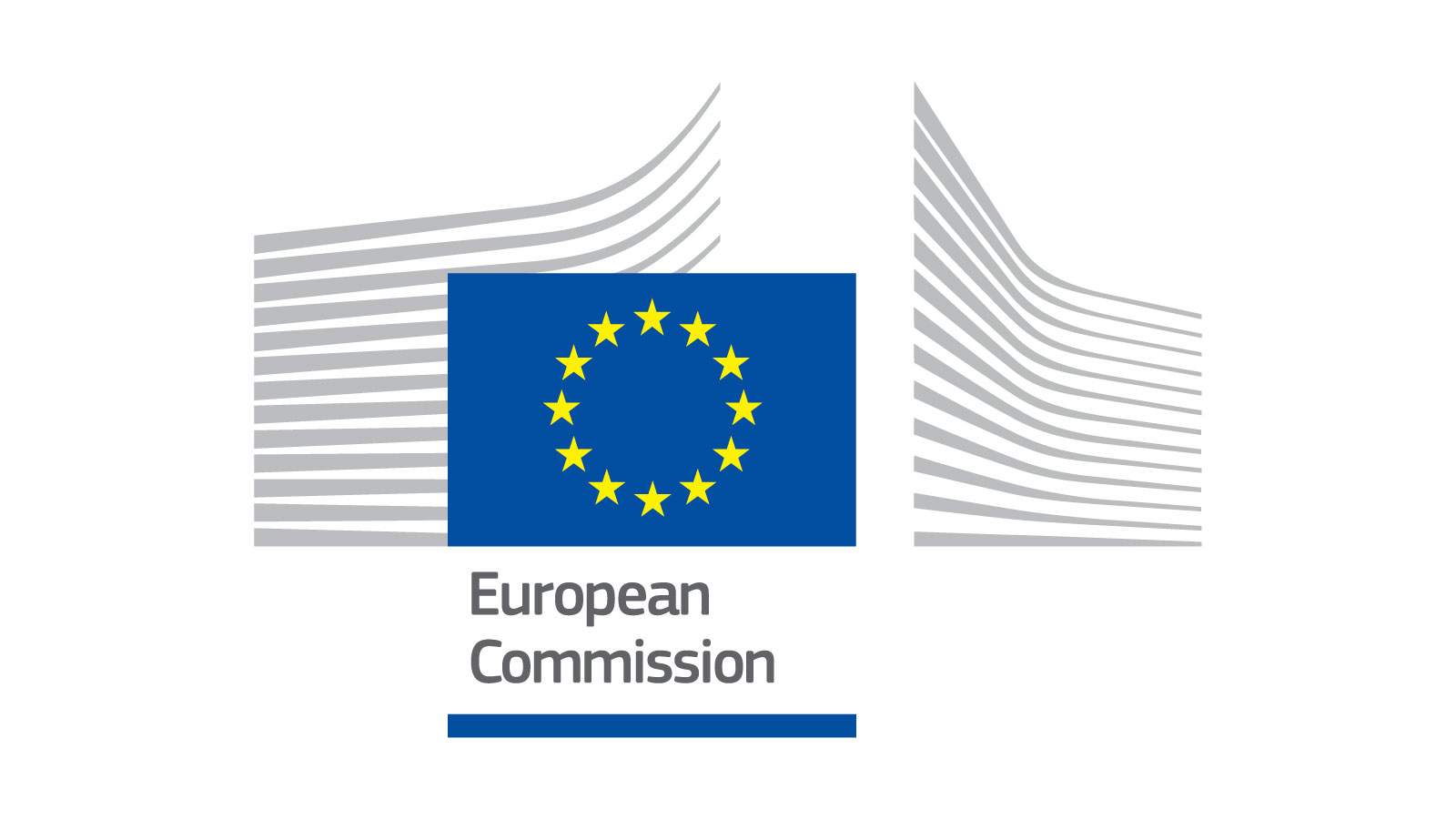

© FRVS+MPCP 2022. The European Times® News is registered as an EU Trademark. All rights reserved. The European Times® and the logo of The European Times® are EU trademarks registered by FRVS+MPCP.
Members/Partners of

About Us
Popular Category
DISCLAIMER OPINIONS: The opinions of the authors or reproduced in the articles are the ones of those stating them and it is their own responsibility. Should you find any incorrections you can always contact the newsdesk to seek a correction or right of replay.
DISCLAIMER TRANSLATIONS: All articles in this site are published in English. The translated versions are done through an automated process known as neural translations. If in doubt, always refer to the original article. Thank you for understanding.
DISCLAIMER PHOTOS: We mostly used photos images that are readily available online, from free sources, or from the people promoting the news. If by any chance it happens that we have used one of your copyrighted photos, please do not hesitate to contact us and we will take it down without question. We do not make profits as this is a not for profit project to give voice to the voiceless while giving them a platform to be informed also of general news, and it is completely free.
Editor Picks
Politics
EU launches humanitarian air bridge after Myanmar earthquake
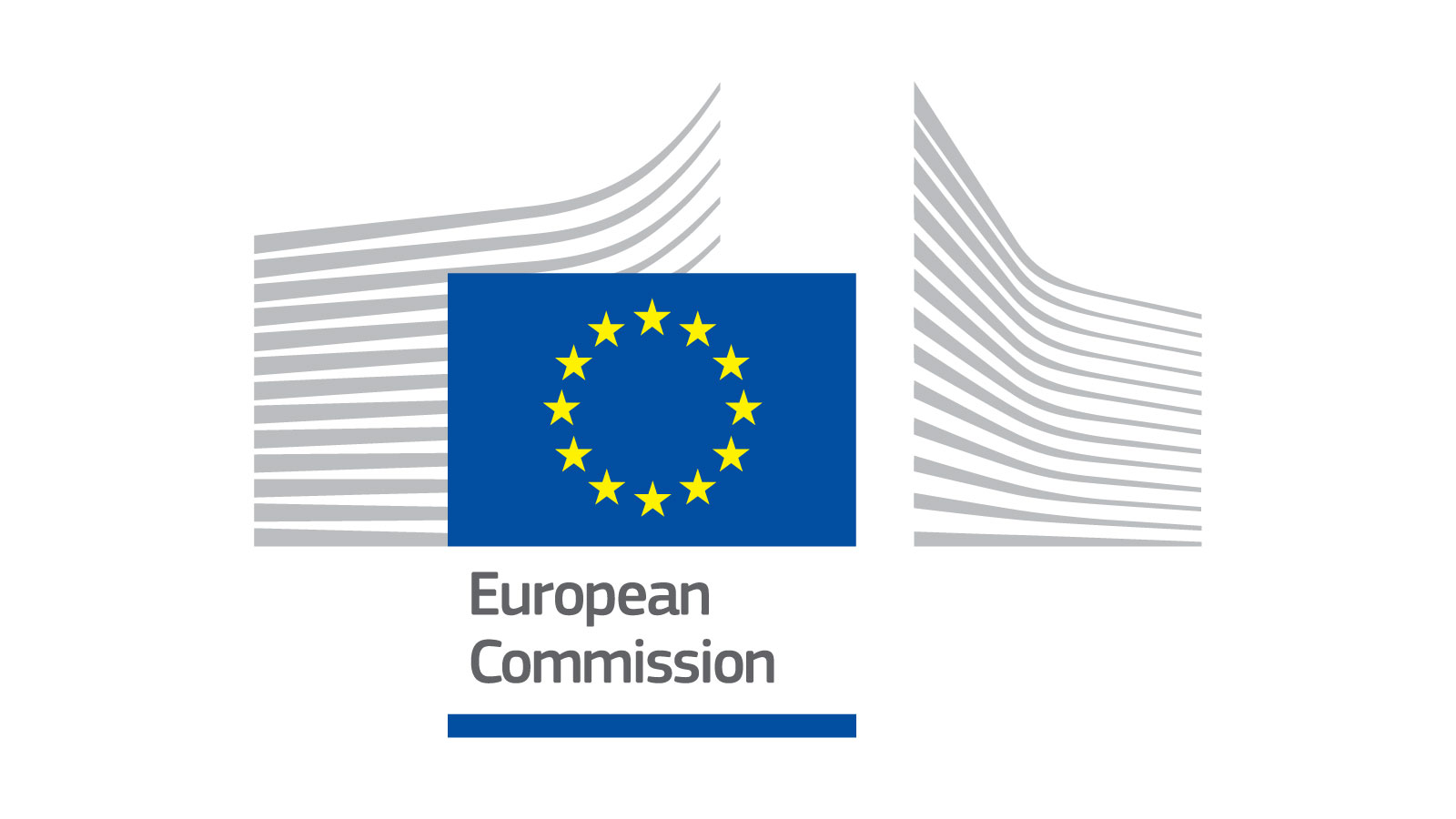

© FRVS+MPCP 2022. The European Times® News is registered as an EU Trademark. All rights reserved. The European Times® and the logo of The European Times® are EU trademarks registered by FRVS+MPCP.
Members/Partners of

About Us
Popular Category
DISCLAIMER OPINIONS: The opinions of the authors or reproduced in the articles are the ones of those stating them and it is their own responsibility. Should you find any incorrections you can always contact the newsdesk to seek a correction or right of replay.
DISCLAIMER TRANSLATIONS: All articles in this site are published in English. The translated versions are done through an automated process known as neural translations. If in doubt, always refer to the original article. Thank you for understanding.
DISCLAIMER PHOTOS: We mostly used photos images that are readily available online, from free sources, or from the people promoting the news. If by any chance it happens that we have used one of your copyrighted photos, please do not hesitate to contact us and we will take it down without question. We do not make profits as this is a not for profit project to give voice to the voiceless while giving them a platform to be informed also of general news, and it is completely free.
Editor Picks
-
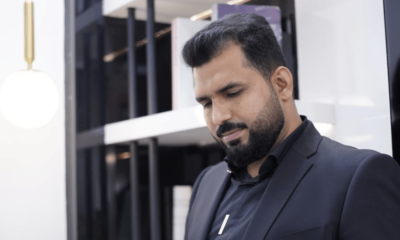
 EU & the World7 days ago
EU & the World7 days agoInnam Dustgir’s Approach to Public Relations
-

 Health & Society6 days ago
Health & Society6 days agoCold Showers and Beyond – Embracing Temperature Therapy for Vitality
-
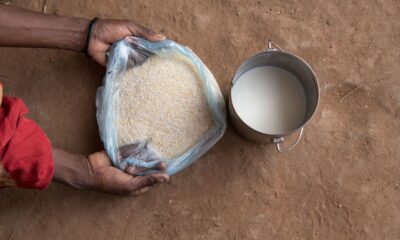
 Politics7 days ago
Politics7 days agoEU pledges €3.4 billion to combat global malnutrition
-

 Health & Society5 days ago
Health & Society5 days agoNatural Sleep Solutions – Creating a Restorative Nighttime Routine
-

 EU & the World5 days ago
EU & the World5 days agoYoung Scooter’s Kids: About the Late Rapper’s Daughter & Sons
-
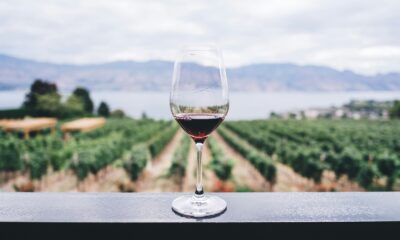
 Politics6 days ago
Politics6 days agoEU supports the EU wine sector to cope with market uncertainties
-

 Sports7 days ago
Sports7 days agoOlimpia Milano still knocked out, Ettore Messina doesn’t mince words
-

 Health & Society3 days ago
Health & Society3 days agoSpice Up Your Life – The Health Benefits of Turmeric, Ginger, and More








